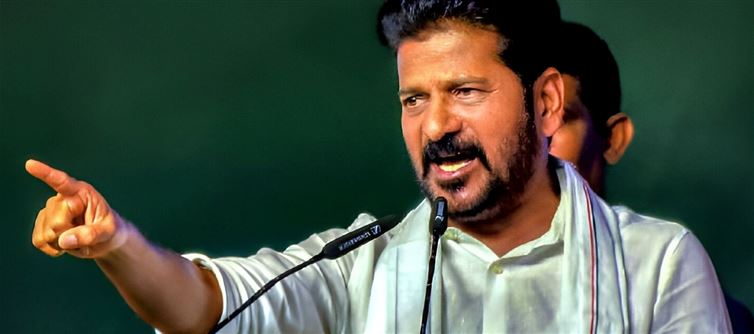
CM revanth Reddy’s call taps into a growing sentiment in southern India, where many feel their economic productivity is not matched by political clout in national decision-making. Southern states tend to have better governance indicators, and higher GDP per capita, and contribute more to the country’s income tax pool. Yet, population-based representation in parliament results in more seats for northern states, which have higher population growth rates. This has created a structural imbalance where states that have succeeded in controlling population growth and improving development metrics feel penalized with reduced political influence.
The demand for proportional representation based on economic contribution rather than just population is likely to stir a wider national conversation about federalism and equity. While it may not be easy to constitutionally alter parliamentary seat allocation, revanth Reddy’s statement underscores the urgent need for a recalibrated federal structure that rewards efficiency, responsibility, and contribution. It also highlights the growing assertiveness of southern leadership in challenging traditional power structures and seeking a more balanced role in shaping India’s future. As the 2026 deadline for parliamentary seat delimitation approaches, such debates will only intensify, forcing policymakers to address the North-South divide more substantively.




 click and follow Indiaherald WhatsApp channel
click and follow Indiaherald WhatsApp channel